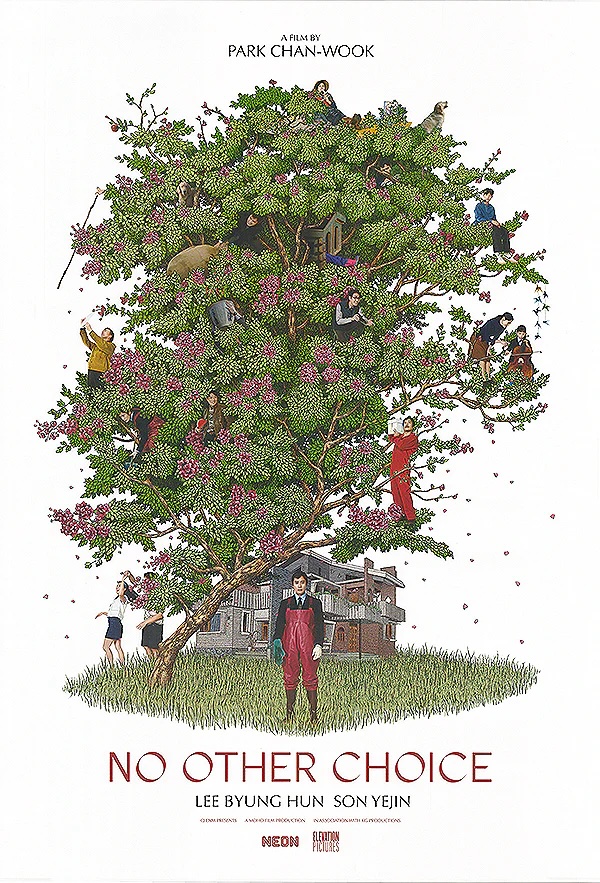
Overview
THE HOLY MOUNTAIN, directed by Alejandro Jodorowsky, is a surreal and visually striking film that defies conventional storytelling. The movie follows a Christ-like figure, known as "The Thief," who embarks on a mystical journey of spiritual enlightenment. This journey leads him to the Alchemist, portrayed by Jodorowsky himself, who guides the Thief and a group of seven wealthy and powerful individuals through a series of symbolic and transformative experiences. These individuals represent the planets of the solar system, and their journey to the Holy Mountain symbolizes the pursuit of immortality and ultimate truth.

Jodorowsky's direction is marked by its bold use of vivid, often shocking imagery, which serves to challenge and provoke the audience. His use of color, religious iconography, and grotesque scenes creates a dream-like atmosphere that blurs the line between reality and fantasy. The film's narrative is deliberately fragmented and disjointed, reflecting Jodorowsky's intention to disrupt traditional cinematic structure and explore deeper philosophical and spiritual themes. The director’s unconventional approach to storytelling and visual composition makes THE HOLY MOUNTAIN a unique and challenging experience, one that requires viewers to engage with the film on a deeper, more interpretive level.

Throughout THE HOLY MOUNTAIN, Jodorowsky demonstrates a meticulous attention to detail, with each scene carefully crafted to evoke specific emotions and thoughts. His direction is heavily influenced by his background in theater, mysticism, and the occult, which infuses the film with layers of symbolism and allegory. Jodorowsky's ability to blend the sacred with the profane, the beautiful with the grotesque, results in a cinematic work that is both profound and unsettling. Ultimately, THE HOLY MOUNTAIN stands as a testament to Jodorowsky's vision as a filmmaker—an avant-garde masterpiece that pushes the boundaries of cinema and challenges the very nature of reality and perception.
What is
?









